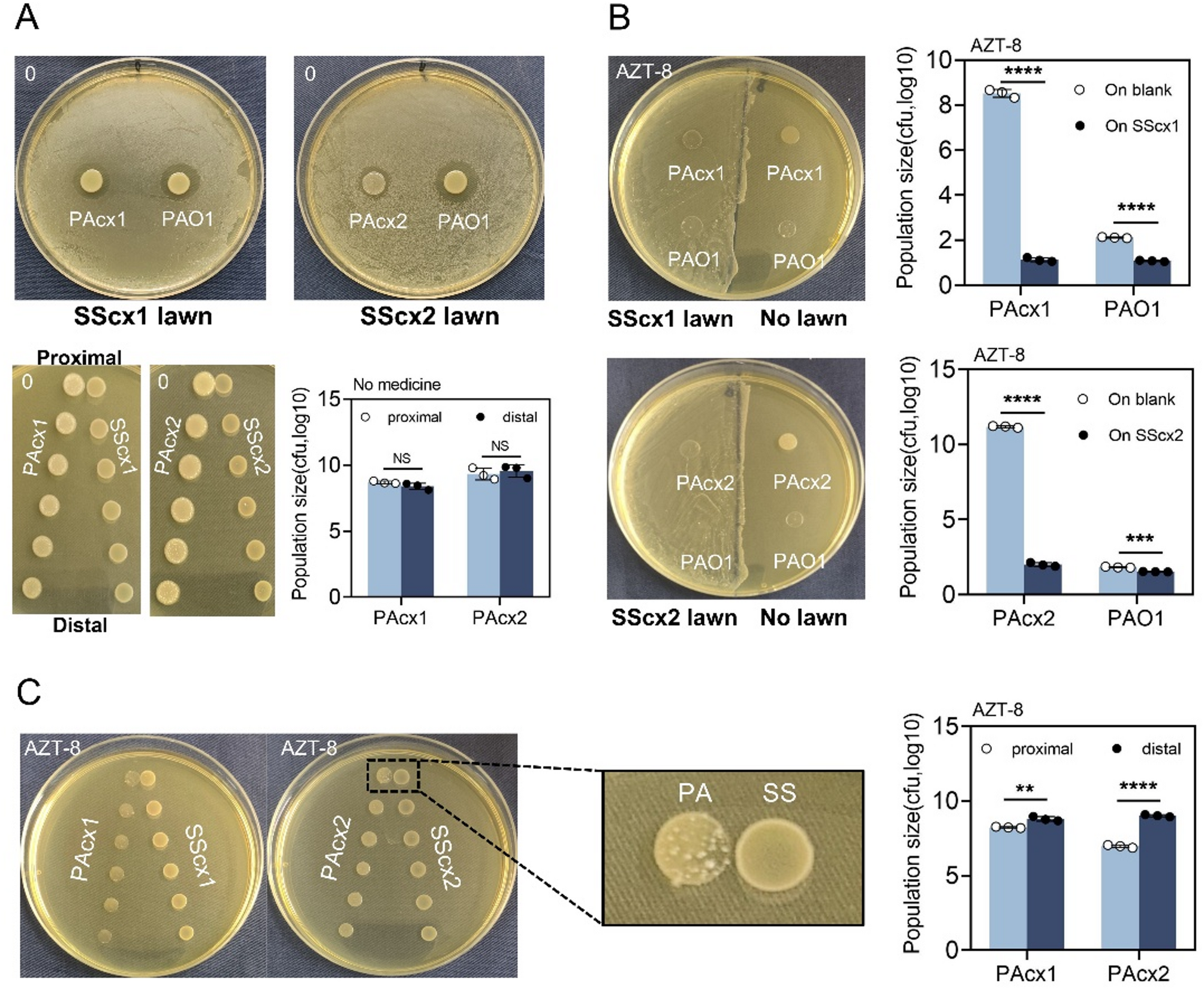Unlock the Editor’s Digest for free
Roula Khalaf, Editor of the FT, selects her favourite stories in this weekly newsletter.
China has stepped up the enforcement of its controls on chip imports, as Beijing seeks to wean the country’s technology companies away from US products such as Nvidia’s artificial intelligence processors.
Teams of customs officers have been mobilised at major ports across the country in the past few weeks to carry out stringent checks on semiconductor shipments, according to three people with knowledge of the matter.
The inspections started with the goal of ensuring that local companies stop ordering Nvidia’s China-specific chips following guidance from Chinese regulators to discourage their purchase, said the people.
The targeted processors — Nvidia’s H20 and RTX Pro 6000D — are designed to adhere to US export controls and maintain the Silicon Valley chipmaker’s market share in China.
But one person said the checks had been extended more recently to all advanced semiconductor products, to also better target the smuggling of high-end chips that breach US export curbs.
Chinese customs had previously done little to prevent chip imports as long as appropriate duties were paid at the border. The Financial Times reported that at least $1bn worth of Nvidia’s top AI chips were smuggled and sold in China in the three months from May.
The border crackdown further marks Beijing’s determination to ensure its tech companies break free from relying on American technology and help the country win the AI race against the US.
China is seeking to put its resources behind domestic chipmakers, so they catch up in product performance and manufacturing capacity.
In addition to tightened border controls, some customs officials also looked at whether companies had made false declarations in the past about the import of advanced semiconductor products, said two of the people familiar with the inspections.
US quants trading giant Tower Research has been investigated for alleged smuggling of hardware including advanced chips, the FT reported last week. The probe was part of this new wave of import controls.
China’s regulators led by Cyberspace Administration of China (CAC), the internet watchdog, told tech companies led by ByteDance and Alibaba in mid-September to terminate their orders and testing for all Nvidia products. The new border controls have been carried out as a co-ordinated effort alongside the CAC.
The regulator’s guidance came just two months after Nvidia announced an earlier US export ban on H20 had been lifted by the Trump administration, while also introducing the RTX Pro 6000D, another watered-down AI chip for China.
The latest moves have occurred as senior officials in Beijing have determined that domestic chips have reached performance standards that compare with Nvidia’s China-specific chips.
China also aims to triple its production of advanced semiconductors next year, in a move designed to fill the demand left by Nvidia, the FT reported last month.
While Nvidia no longer includes China in its future revenue projection, it recorded $4.6bn in the first quarter of this fiscal year from selling H20 to China, its fourth-largest market, before the US temporarily restricted sales.
China’s customs did not respond to requests for comment. Nvidia declined to comment.









